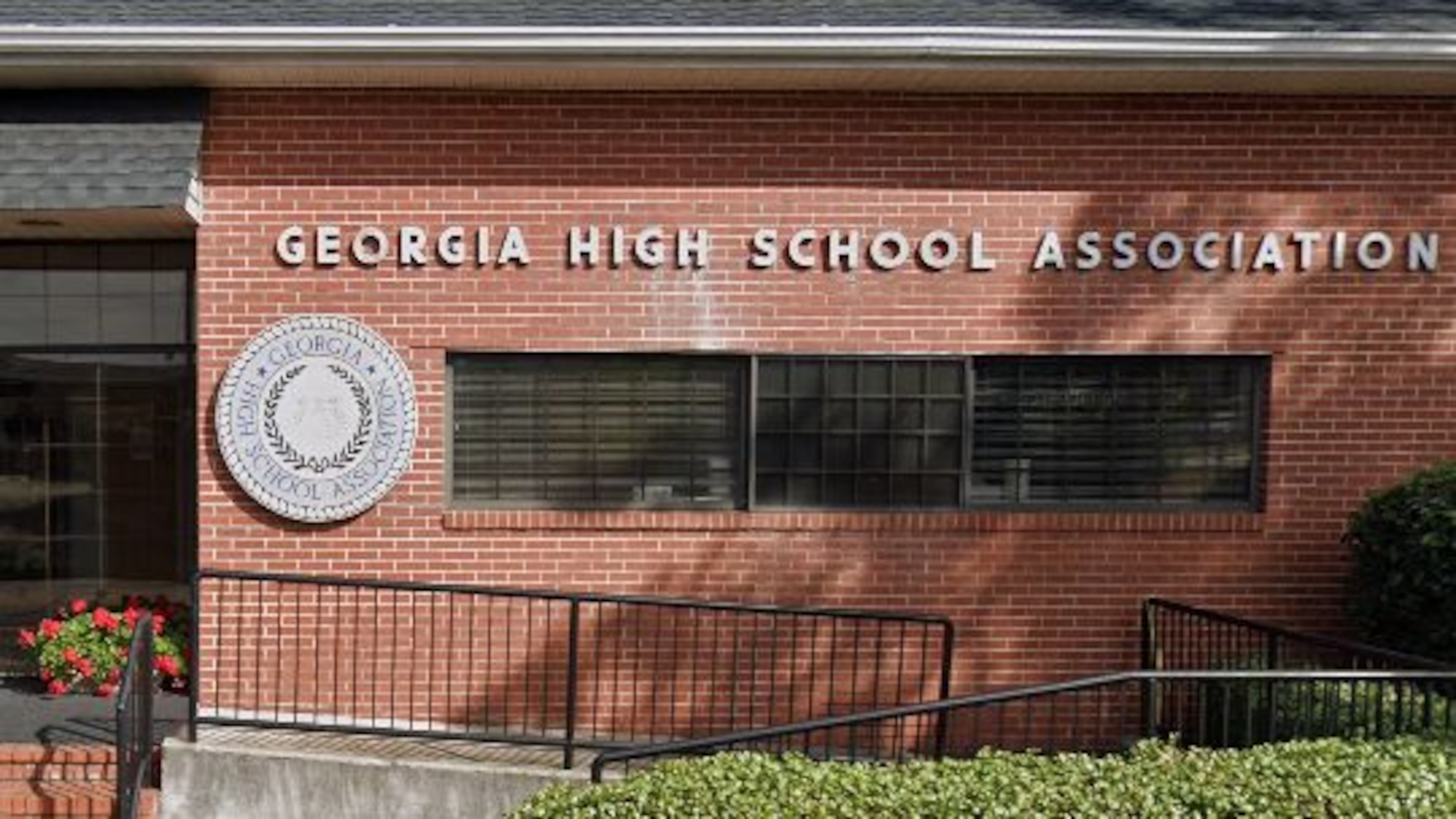GHSA to discuss public-private issue with lawmaker

The overwhelming majority of Georgia High School Association board members want the GHSA to stick with the reclassification plan it ratified Monday, but Sen. Jeff Mullis of Chickamauga, who introduced a Senate bill this week to undo it, has an ally in the board’s president, Glenn White.
The GHSA’s plan for the next academic year has Class A public and private schools competing for the same championships for the first time in 10 years. Only Class 7A would have no private schools.
Senate Bill 334, introduced Wednesday, would make public and private schools with 640 students or fewer compete in separate regions and playoffs.
“We have a controversial issue, and a significant group of the GHSA member schools that feel like this was done wrong, and they’re appealing to the legislature,’’ White said. “We have this issue of what’s fair for public schools and what’s fair for private schools. I’m going to be completely transparent and say I’m going to support the public schools on this. I’d be in favor of us putting single A privates back in their own group and single A public schools in their own group.’’
Board members will meet with Mullis on Wednesday at the Capitol to discuss competitive balance between public and private schools, transfer athletes and other perennially contentious issues, White said.
A second Mullis bill, SB 228, challenges the GHSA’s transfer rules and athletes’ rights to due process and threatens to dissolve the GHSA and replace it with a non-profit under Department of Education, a tactic lawmakers have used multiple times to nudge the GHSA.
“I think I can speak for the BOT in saying the GHSA is willing to listen to legislators’ concerns and consider solutions that are in the best interest of the membership and student-athletes,” said GHSA board member Jim Finch, the principal at Mary Persons, a Class 3A public school. “Our state lawmakers need to know that abolishing the GHSA and establishing a new association is not going to make these issues go away. Those problems will continue to exist regardless of who is in charge of athletics in our state. But I think if we keep the best interests of the GHSA member schools and their student-athletes at the forefront, I’m confident there will be a good ending.”
Finch said that almost every one of 13 board members on a Zoom call Thursday supported the reclassification just approved.
“Based on what I was able to determine from yesterday’s Board of Trustees meeting, there was one trustee who wanted the GHSA to back up and punt on what was ratified on Monday,” Finch said. “Please remember the vote was 64-2 on approving the new reclassification for 2022 to 2024. That’s an overwhelming approval from the schools in the GHSA membership.”
Board member Kevin Petroski, the athletic director at Athens Academy, said he thought private schools were on board with reclassification. His school would’ve been in Class A Private but now is slated for Class 2A in a region with three public schools and three private schools.
“Private member schools are prepared to move forward with the approved reclassification plan for the 2022 to 2024 school years,” he said. “While I’m confident all member schools have experienced some level of frustration with the GHSA over time, we support the current process, and last Monday’s overwhelming approval by the executive committee demonstrates the membership is also prepared to move forward as approved.”
White, the superintendent of Floyd County Schools, didn’t dispute that a strong majority of board members wanted to leave reclassification alone, but he believed many GHSA member schools still remain dissatisfied.
A couple of board members and GHSA executive director Robin Hines declined to comment Friday. Some indicated they were concerned about the Senate bills and didn’t want to aggravate a delicate situation.
Legislative pressure has forced the GHSA’s hand in the past, perhaps most notably in 2017, when it threatened a takeover that prompted executive director Gary Phillips to retire. In 2000, then-House speaker Tom Murphy threatened to dissolve the GHSA until the association introduced an enrollment multiplier to move private schools into higher classes.
Murphy’s argument that private schools have unfair competitive advantages lives on. In 2012, the GHSA had Class A public and private schools compete for separate championships for the first time. This summer, reclassification began with a proposal from the reclass committee chairman to separate public and private schools in all classifications, not just Class A.
The GHSA’s first reclassification plan last fall kept the public-private Class A split intact, but around December, about a dozen small private schools announced they were leaving the association, leaving private schools to argue there were too few of them remaining to have meaningful state playoffs. Only about 25 of them have football teams.
So the GHSA backtracked and redid Class A with classes 3A and 2A, pushing several private schools into higher classes with an enrollment multiplier but freeing them to compete with public schools.
Model High, a Floyd County public school, and Gordon Lee, a public school in Mullis’ district, lost appeals Monday that would’ve allowed them to compete in Class A instead of 2A. The margins were close both times.
“I think everyone knew this legislation was going to be presented based on the appeals results of certain schools during the reclass process,” Finch said. “It seems this same bill stays in the desk of a few legislators and appears when certain schools don’t get approved for what they ask for. I do know this: the Georgia High School Association is run by its member schools, not Robin Hines or his staff in Thomaston. So when bylaws are approved or appeals are denied, they are done so by the membership and the representatives of that membership, much the same way our state legislature operates.”


